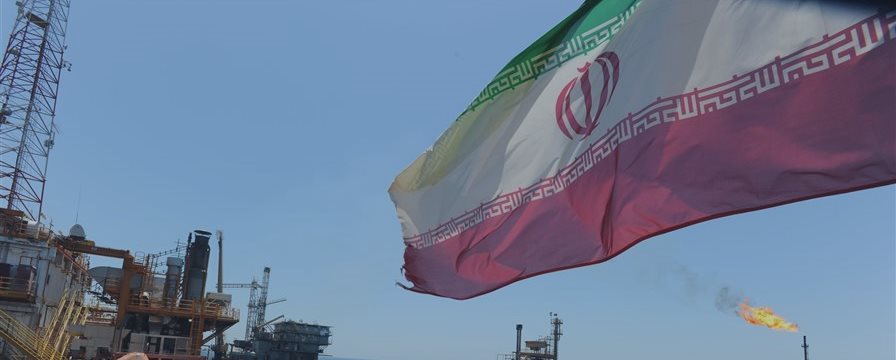
"Many companies are interested. Europeans are interested, Asian companies are interested," Oil Minister Bijan Namdar Zanganeh told reporters at a conference in Tehran last Saturday. "Total is interested, Eni is interested."
"All banking and economic sanctions will be lifted by the first week of January," Amir Hossein Zamaninia, deputy oil minister for international and commerce affairs, said at the event.
Indeed, Total, Royal Dutch, Shell and Lukoil are among the internationals that have selected oil and natural gas deposits to develop in Iran, since the holder of the world’s fourth-largest crude reserves presents $30 billion worth of projects to investors.
Iran offers 52 oil and gas development projects in addition to 18 exploration blocks, as it is indicated in a brochure from the Iranian oil ministry. That includes projects at 29 new and currently producing oilfields and 23 gas developments. Onshore fields compile 34 of the projects.
What is more interesting is Zamania's remark that it won't be a problem for Iran to sell additional 500,000 barrels a day after the sanctions are removed, and it won't impact oil prices.
Iran hopes it can reach an agreement with fellows from the Organization of Petroleum Exporting Countries so that Iran’s planned additional production stays within the 30 million barrels a day OPEC production ceiling, he said. Iran doesn’t expect the cartel to shift that output goal at its Dec. 4 meeting, Zanganeh said.
The country wants to increase
total oil output capacity to 5.7 million barrels a day by the end of
2020, with the help of new production added through new energy
contact models, Roknoddin Javadi, managing director of state-run
National Iranian Oil Co., said at the event. The numbers include both
crude and condensate output.
Iran pumped 2.7 million barrels a day in October, Bloomberg reported.
In 2011, Iran’s oil exports fell to an average 1.4 million barrels a day last year from 2.6 million because of the sanctions on the country, U.S. Energy Information Administration data show. The sanctions limit Iran to selling about 1 million barrels of crude a day to China, India, Japan, South Korea, Turkey and Taiwan, with additional purchases of condensate, a light oil liquid found in gas deposits, also allowed.
Ali Kardor, deputy director of investment and financing at National Iranian Oil Co, noted that the country could sign its first development contract in March or April. The new 20-year energy contracts framework is being introduced to investors at the Tehran conference, he said, adding that the next move for foreigners would be to find a local partner and make a technical assessment.
International vendors will have to find a domestic partner for production and exploration projects, with more than half of engineering and construction and equipment manufacture done by Iranian counterparts, Javadi said.
Iran will ask companies to bid a per barrel fee for energy projects. They will only be paid on a fixed fee basis and won’t receive a
premium for producing more than predetermined levels, Talin Mansourian, a
consultant for the Petroleum Contracts Restructuring Committee, said.
NIOC will announce other bid parameters in four or five months when it will hold an energy auction, she said, and the firms won’t be asked to pay bonuses on the contracts.


